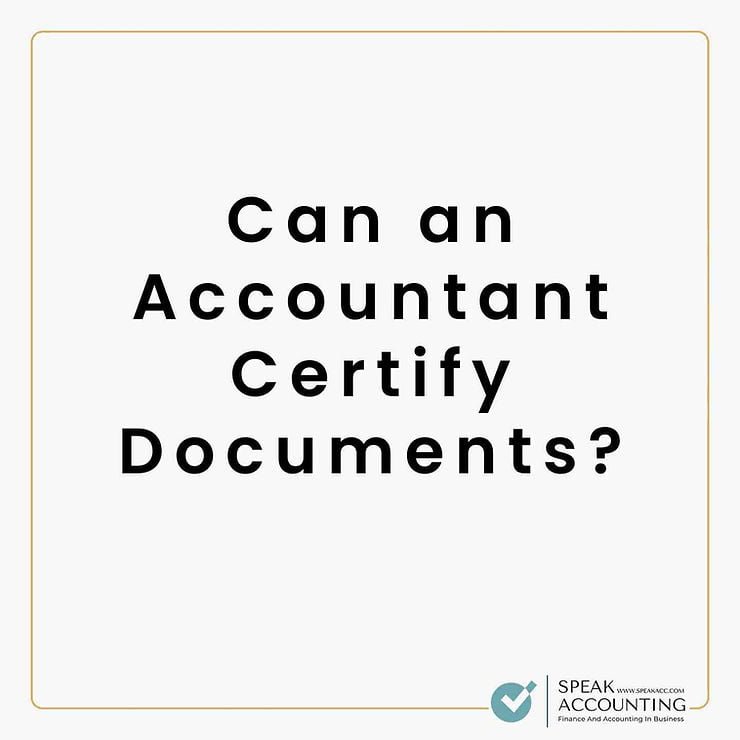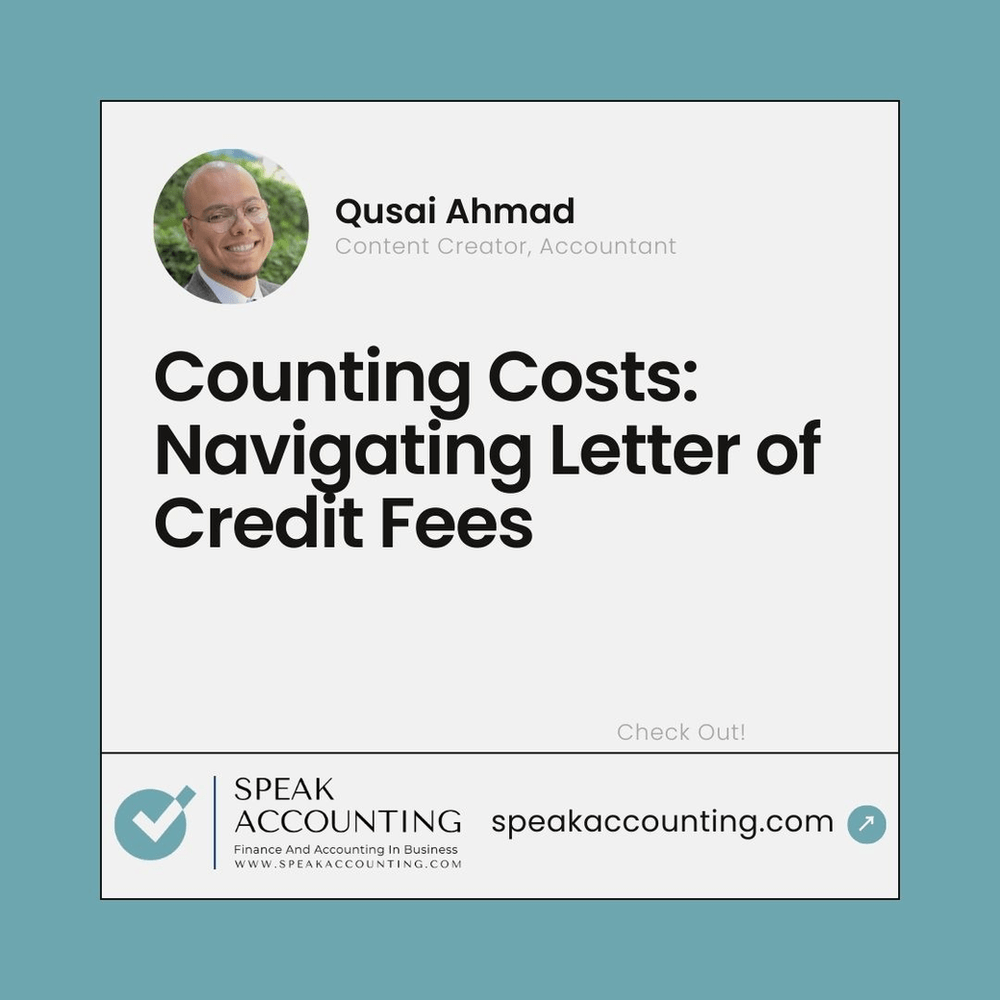Introduction
Document certification is the process of verifying the authenticity of a document to ensure its legitimacy, accuracy, and compliance with legal requirements. This process is often required for various purposes, such as legal contracts, official records, visa applications, and more. The certifier provides a seal or signature, or notarizes the document to confirm that it is genuine and accurate.
When it comes to certifying documents, many individuals are unsure about who has the authority to do so. While professionals like notary publics and lawyers are commonly associated with document certification, the role of accountants in this process can sometimes be a point of confusion. In this blog post, we will explore whether accountants have the authority to certify documents and clarify the roles of different professionals in this regard.
Document Certification: What Does It Mean?
Document certification involves verifying the authenticity of a document to ensure its legitimacy, accuracy, and compliance with legal requirements. This process is often required for various purposes, such as legal contracts, official records, visa applications, and more. The certifier provides a seal, signature, or notarization to confirm that the document is genuine and accurate.
The Role of an Accountant:
Accountants are financial professionals who specialize in managing financial records, preparing financial statements, conducting audits, and offering financial advice. While they play a crucial role in maintaining financial integrity, their responsibilities do not typically include document certification.
Who Can Certify Documents?
Document certification is typically performed by individuals who have been legally authorized to do so. The following professionals commonly have the authority to certify documents:
- Notary Public: Notary publics are public officials who are authorized by the government to certify documents. They can administer oaths, witness signatures, and verify the authenticity of documents. Notary publics are commonly used for a wide range of legal and official documents.
- Lawyers: Attorneys at law often have the authority to certify documents, especially those related to legal matters. Their signature and seal on a document can attest to its authenticity.
- Government Officials: In some cases, government officials, such as county clerks or registrars, may be authorized to certify specific types of documents, such as birth certificates or marriage licenses.
- Designated Officers: Some institutions, like banks, have designated officers who can certify documents related to their specific services, such as bank statements or financial documents.
In addition to notary publics, lawyers, and government officials, other authorized individuals who can certify documents include:
- Judges
- Magistrates
- Teachers
- Commissioners of oaths
- Justices of the peace
- Bank officers
- Designated officers of other institutions
Types of documents that can be certified:
The types of documents that can be certified include:
- Birth certificates: Documents certifying the birth of an individual, often required for various official purposes.
- Marriage licenses: Certificates confirming the legal union of individuals in marriage.
- Diplomas: Academic certificates awarded upon the completion of a course or degree.
- Transcripts: Records of academic performance, often requested for educational or employment purposes.
- Passports: Official government-issued documents that certify the identity and citizenship of the passport holder, essential for international travel.
- Driver’s licenses: Official documents issued by the government that certify an individual’s ability to drive a vehicle.
- Financial statements: Documents providing a summary of financial transactions, commonly required for legal and business purposes.
- Legal contracts: Formal agreements between parties, certified to ensure their authenticity and enforceability.
- Other official documents: Various documents are required for legal, official, or administrative purposes.
Conclusion: Can an Accountant Certify Documents?
In general, accountants do not have the authority to certify documents in the same way that notary publics, lawyers, government officials, or designated officers do. Accountants are experts in financial matters and are not typically involved in the certification of documents for legal or official purposes.
However, accountants in some jurisdictions may be authorized to certify copies of certain types of documents. For example, in the United Kingdom, Chartered Accountants are authorized to certify copies of certain types of documents, such as passports and driving licenses.
If you need a document to be certified, it’s essential to consult with the appropriate professional who has the legal authority to perform document certification in your jurisdiction. This will ensure that your document is properly authenticated and can be accepted for its intended purpose.
Whether it’s a notary public, lawyer, or another authorized individual, they will guide you through the certification process, providing the necessary seal or signature to validate your document. If you are unsure whether an accountant in your jurisdiction is authorized to certify documents, it is always best to err on the side of caution and consult with a notary public, lawyer, or other authorized professional.




